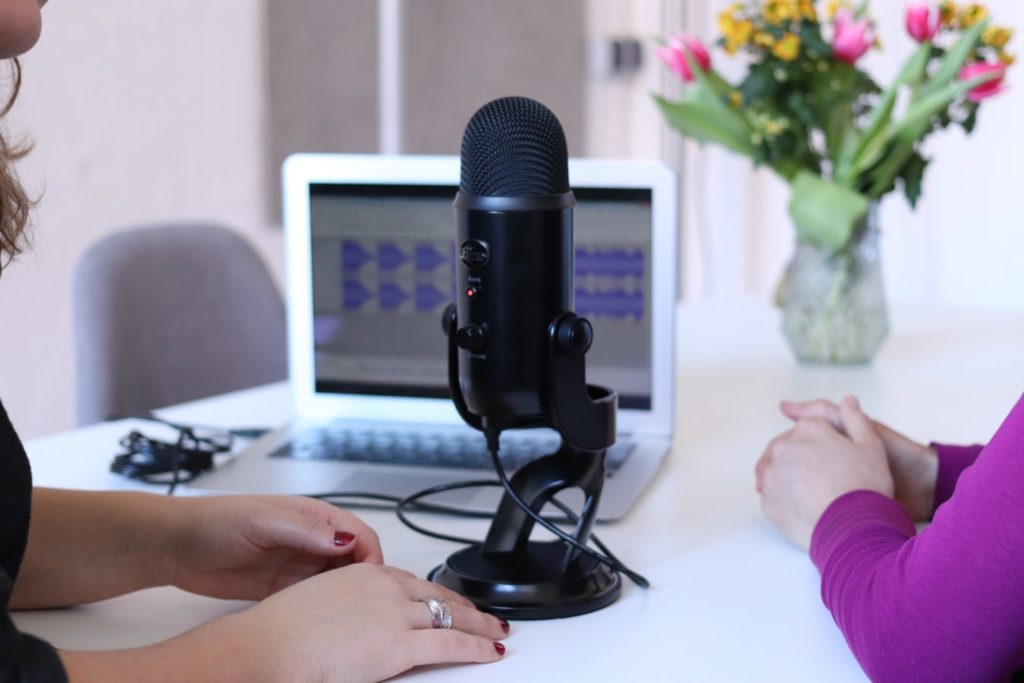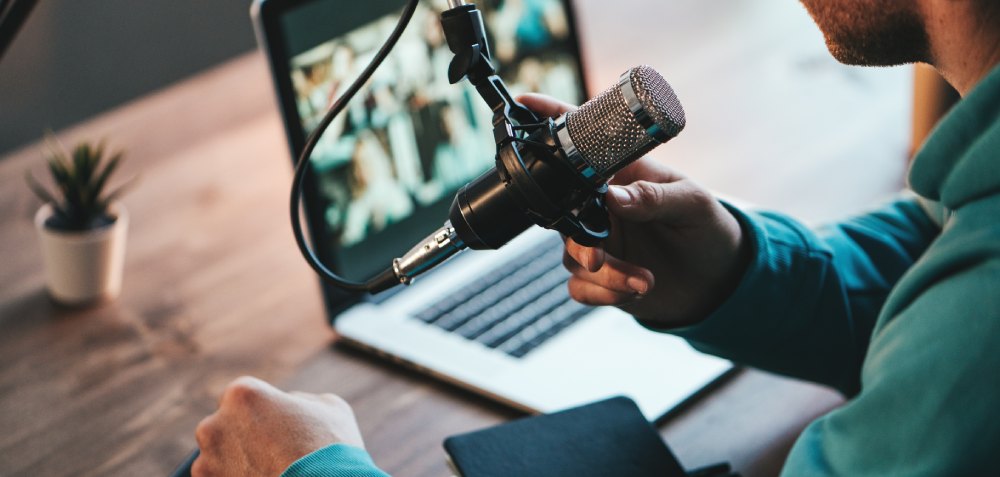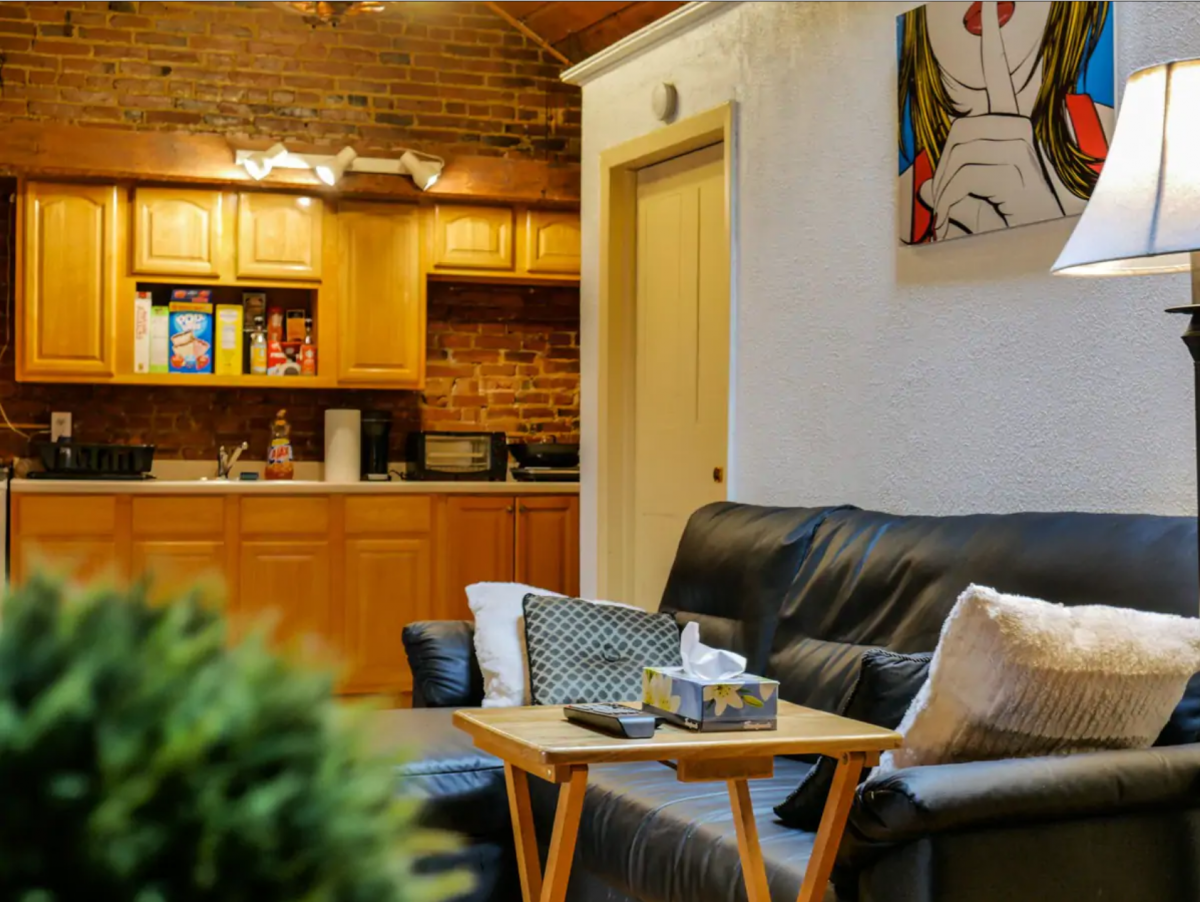Welcome back to another episode of Into The Airbnb, where we talk with Airbnb hosts about their short-term rental experience. Today’s guest is Ninette Crunkleton, who manages 11 listings in Roanoke, Virginia. In this episode, Ninette will share with us about her story and experience performing co-hosting and doing long-term rentals. This episode is sponsored […]













